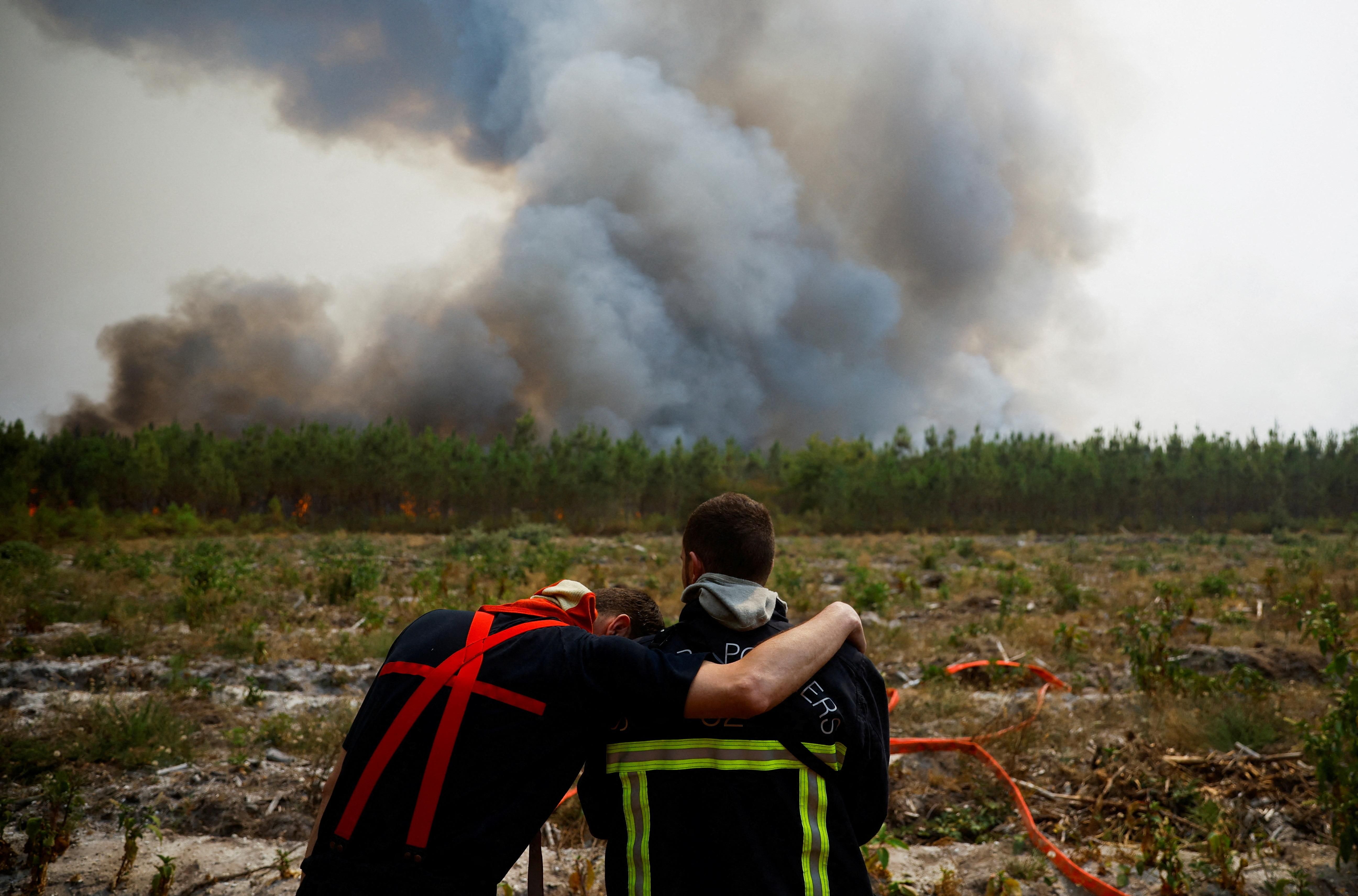Hard Numbers: Fires in French wine country, Sweden gives Turkey a bone, fertilizer emergency, monkeys at risk
10,000: Out-of-control blazes on the outskirts of Bordeaux in southwest France have caused 10,000 people to flee their homes. Dubbed a “monster” wildfire by emergency services, this comes amid a hellish summer in France, where fires have already destroyed thousands of acres of forestry.
14: Sweden has agreed to extradite a Turkish national – previously sentenced to 14 years in prison – who is wanted by Ankara for bank fraud. Indeed, it’s the first such extradition between the two states since Ankara agreed to let Stockholm join NATO on the condition that Sweden hands over at least some alleged terrorists residing in Sweden.
300: The recent resumption of grain exports from Ukraine’s Black Sea port was hailed as a big victory by the UN. But the organization is now turning its attention to the “enormous” fertilizer shortage. Across much of import-reliant Africa, fertilizer prices have shot up 300% since Russia’s invasion of Ukraine, causing steep drops in food production at a time when global food prices are sky-high.
10: Monkeypox is spreading globally, and the World Health Organization has issued a stark warning: Stop hurting the monkeys! This comes after at least 10 of the animals were recently abused or killed in Brazil, which has reported more than 2,000 cases of the disease.